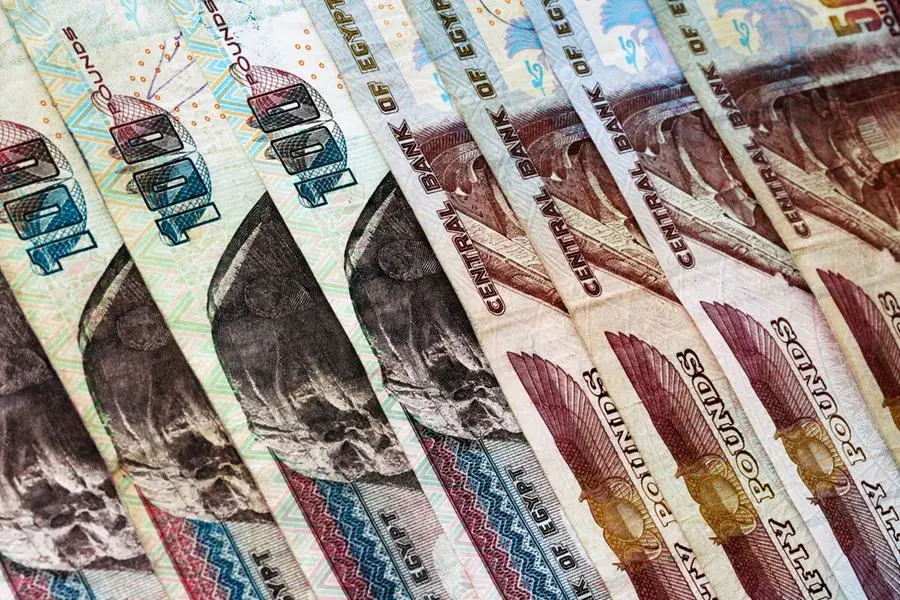PHOTO
CAIRO - Egypt's annual urban consumer inflation rate in February leapt to a higher-than-expected 31.9%, its highest in five and a half years, from 25.8% in January, data from statistics agency CAPMAS showed on Thursday.
The soaring inflation follows a series of currency devaluations starting in March 2022, a prolonged shortage of foreign currency and continuing delays in getting imports into the country.
The Egyptian pound has fallen by nearly 50% since March.
February inflation was the highest since August 2017, nine months after another steep devaluation, when it reached 31.92%.
Economists had expected a reading of 26.7%, according to the median forecast in a Reuters poll of 14.
Six analysts also forecast that core inflation, which excludes fuel and some volatile food items, would climb to 32.85% in February from an actual 31.24% in January. The central bank is due to release its February figure later on Thursday.
The inflation increase was led by food prices, which rose 14.4% month-on-month and 61.8% year-on-year, Mohamed Abu Basha of EFG Hermes said in a note.
"We see the sharp rise in food prices as a reflection of supply shortages as well as speculative activities by traders rather than being purely an impact of a weakening EGP," he wrote. Poultry prices in particular rose by 37.7% month on month.
The high February inflation number renews pressure on the central bank's Monetary Policy Committee to raise interest rates when it meets on March 30.
At its last meeting on Feb. 2, the central bank kept its lending rate at 17.25% and the deposit rate at 16.25%, saying its hikes of 800 basis points over the last year should help to tame inflation.
(Writing by Tala Ramadan in Dubai and Patrick Werr in Cairo; editing by Tom Hogue, Jason Neely and Tomasz Janowski)





















